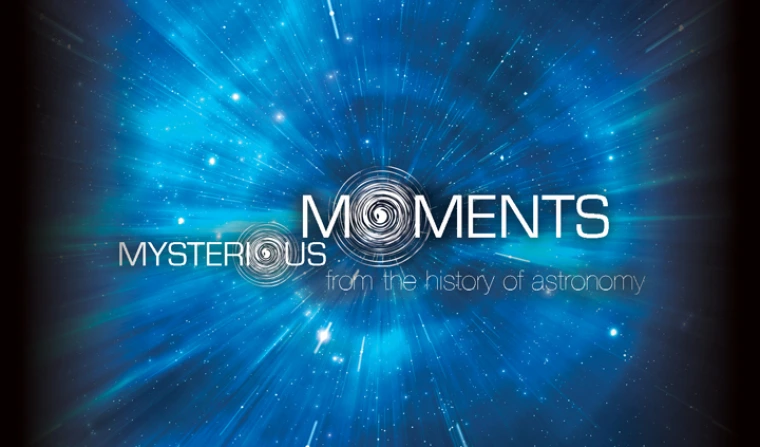This is multi-session seminar and must be taken as a series.
This seminar will examine mysterious moments, ancient and modern, which have come to the fore in humanity’s quest to understand our place in the cosmos.
We begin in prehistory, where from the oldest humans we have evidence of sophisticated astronomy. How much did the earliest sky-watchers discover the motions of the heavens? What did they record in stone for us to decipher? We will study archaeoastronomical monuments in Europe and America to try to place ourselves in the minds of the earliest astronomers. From there we will turn to ancient Greek astronomy and its philosophical background. We will study some of the miracle-workers among the Greeks, their computers and steam engines, and their amazing leaps of deduction and model-building which placed Western astronomical thought on a solid foundation.
Returning to the present, we ask: Are threats from space imaginary or real? What are the dangers from near-Earth asteroids, gamma ray bursts, supernovae, and solar flares? We will examine the actual dangers presented by physical phenomena from space. Closer to Earth, we examine environmental issues connected to orbital debris, back contamination, and the ethics of terraforming. Then we survey recent results from Lunar and Martian investigations. Reviewing the continuing progress of astrobiology and the search for life beyond Earth, we consider prospects for discovering life on Titan and Europa.
We will learn how to find an exoplanet--from radial velocity and astrometry to transits and gravitational microlensing. The amazing results of the Kepler mission will be examined. SETI will be reconsidered – what does the current flood of exoplanet detections do to the “traditional” search for extra-terrestrial intelligence? Finally we examine the latest findings concerning the large-scale shape and structure of the universe. We join the discussion in quantitative cosmology about the big bang, dark matter, black holes, the expansion of clusters of galaxies, and the acceleration of expansion. We consider the cosmological case for other universes. All together, these mysterious moments will give us a cosmic perspective on the human search for meaning in the universe.
Cost: $195


